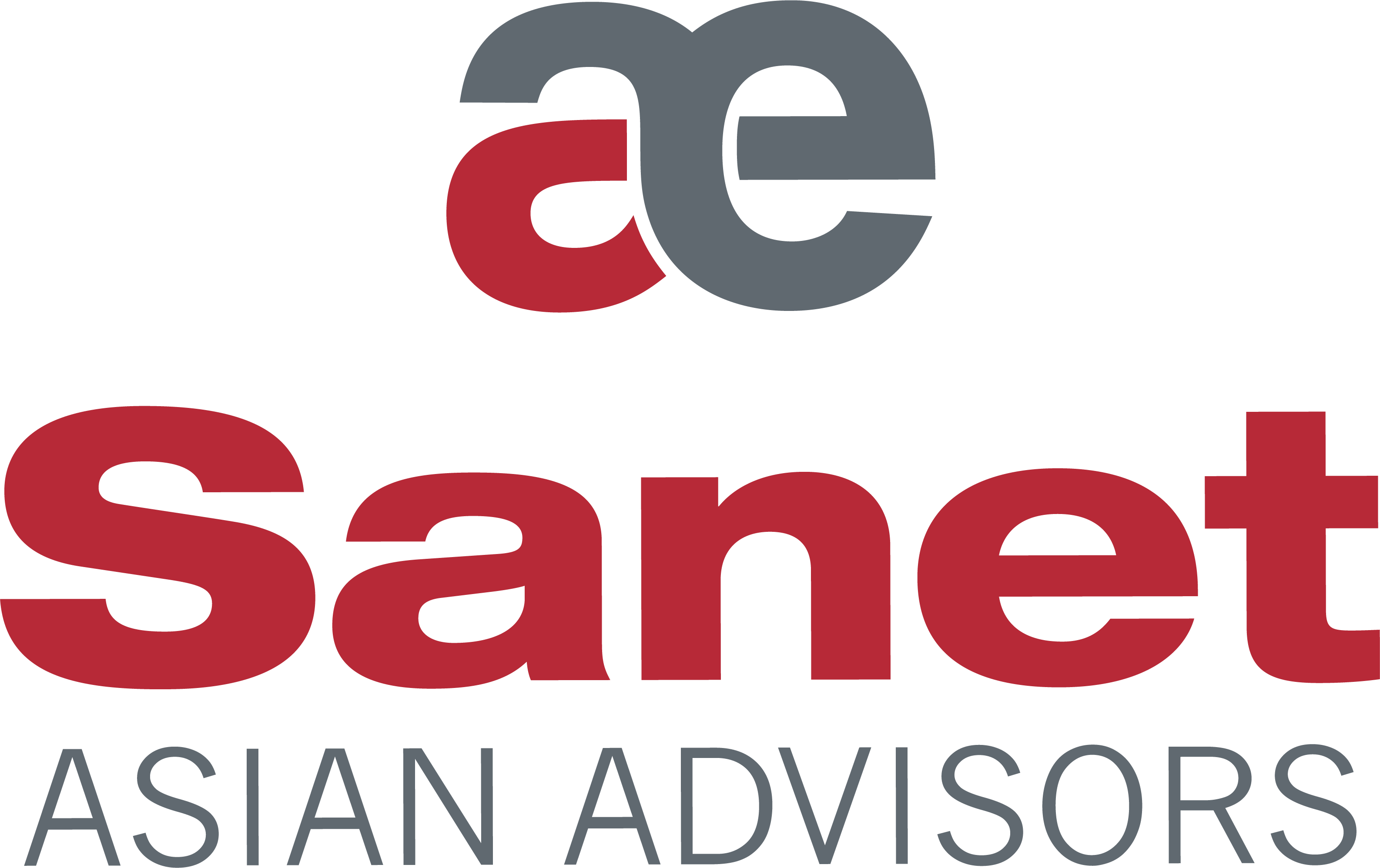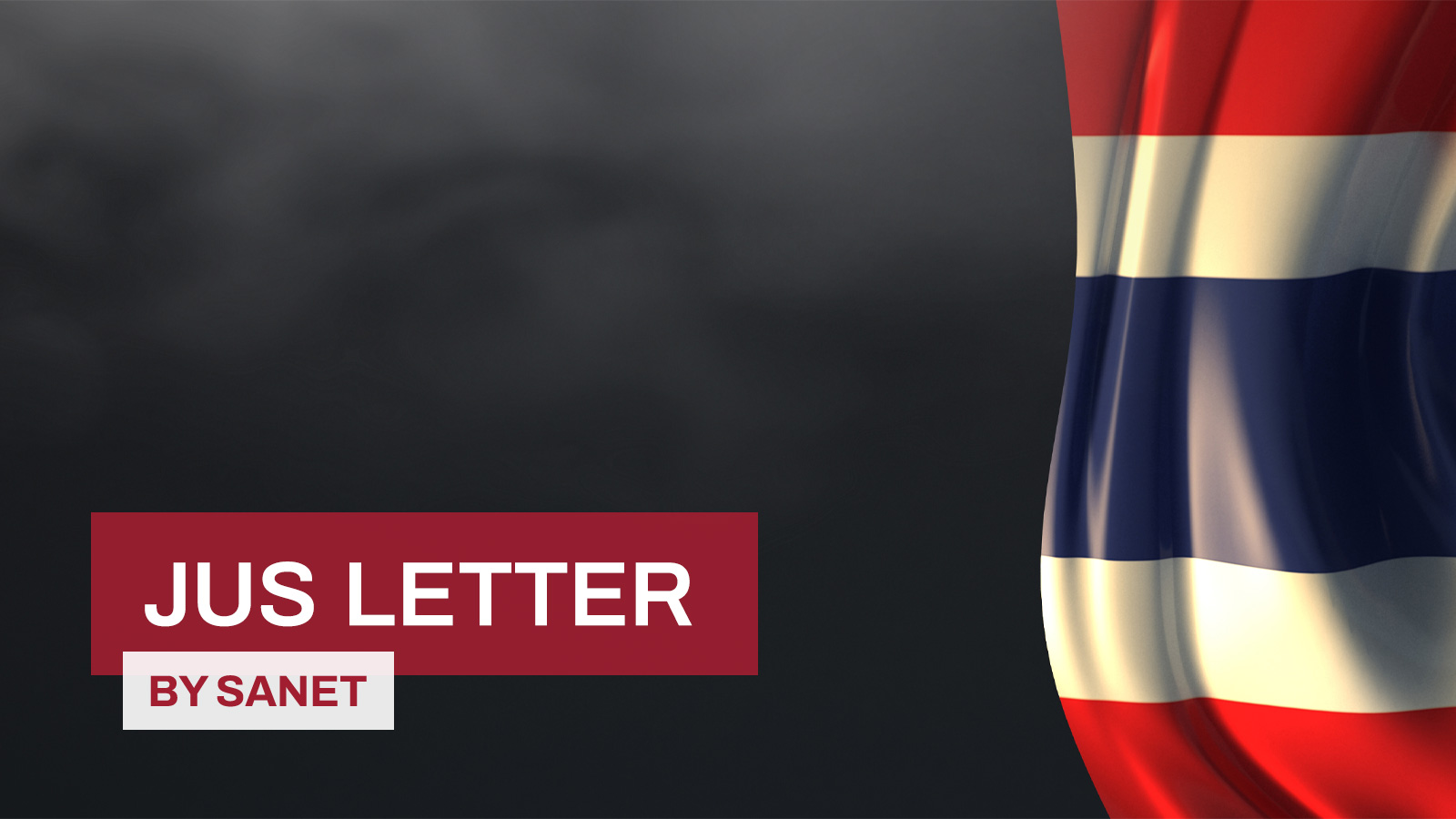Thailand’s Foreign Business Act (FBA) has been criticized by foreign investors for 50 years already. It allows trade and services for foreigners and foreign-controlled companies only to a very limited extent. However, especially now in times of U.S.-China economic war and military turmoil in Europe, entering the market in Thailand, the hub of emerging Southeast Asia, is actually a “must do” for Western and even Chinese companies. That is why our Thailand and Southeast Asia experts are keen to give you some valuable insights for successfully expanding to Thailand.
Thailand protects its traders and service providers from market entry or even market domination by foreigners. For many years, the legislator has justified this protection on the grounds that Thai traders and service providers are at least “not ready yet” for international competition.
Therefore, regulations have been created that make it difficult for foreign SMEs to trade and offer services through their own subsidiaries. Under this law, foreigners can do almost nothing without Thai partners. Only those who pay-in THB 100 million as capital are allowed to sell to wholesalers or end customers. However, even with this, it is still not possible to provide services.
But right now, European manufacturers, who have so far been active mainly in China, are pushing into Southeast Asia to secure their Asian businesses. Thailand, as an economic hub, is generally regarded as a stable starting point for expansion in the region. Yet the restrictions on foreign subsidiaries do not fit into the picture at all.
This article is intended to show how the massive restrictions can be legally avoided in practice. For professional advice, you can make an initial appointment free of charge here.
First, however, some conceptual clarifications shall be given in brief:
The term “trade” already covers all activities that directly or indirectly serve the distribution of a foreigner’s products in Thailand. This also includes supporting the parent company in sales, product consulting, obtaining orders and processing them. Even providing support and assistance to local authorized dealers or end users of the foreigner’s own products and after-sales services are prohibited activities for foreigners. Referring orders to the parent company even counts as a prohibited service.
“Foreigners” are to begin with natural persons who are not Thai citizens and legal persons who are not registered in Thailand.
However, even companies registered under Thai law still fall under the definition of foreigners if the majority of their shares are held by foreigners or if the management is solely in foreign hands.
Even the employment of a natural Thai person as an “agent” or direct employee is not allowed. The person is then considered a (prohibited) “permanent establishment”.
Attempts to circumvent the Foreign Business Act (FBA) are not to be trifled with. A foreigner who violates the ban may face a prison sentence of up to three years and a fine of between one hundred thousand and one million THB. In addition, the company will be closed down or ordered to terminate its participation. The same sanctions apply to a Thai who is caught enabling a foreigner to engage in prohibited business activity, for example, as a direct employee (including on a commission basis) or by holding majority shares in a company for a foreigner on a sham basis.

But now on to the solutions!
Produce in Thailand? No problem!
The production of goods is not restricted by the FBA. On the contrary, anyone who creates production facilities and jobs is welcomed with open arms in Thailand. Depending on the industry, numerous incentive programs offer enticing incentives such as tax benefits and facilitations for obtaining work permits for foreign specialists.
It should be noted, however, that only the manufactured products may be sold. Trade in additional goods, for example to supplement the product range, is still prohibited.
How you can still trade and provide services in Thailand
You can certainly quickly set up a company in Thailand that is 100% foreign owned. There are also a number of opportunities for such a “WFOE”, a Wholly Foreign Owned Enterprise, to trade and provide services:
THB 100 million paid-in liable capital
The ban on trading for foreigners does not apply to companies that are registered in Thailand and have paid in a liable capital of at least THB 100 million. Who invests this amount, may sell to wholesalers or end customers, with THB 200 million one is even with both. The capital can be used for ordinary business operations for the Thai (subsidiary) company.
The Foreign Business License (FBL)
Such a license may be granted to companies that are majority-owned by foreign investors and wish to engage in business activities that are prohibited to foreigners under Thai law.
The company’s services and activities must provide significant benefits to the Thai economy and/or society. Typical activities supported by an FBL are infrastructure projects, public-private partnerships (PPP) or build-operate-transfer (BOT) agreements. Current practice is rather restrictive. In addition, the application process is complex, the necessary consulting is expensive, and the outcome of the application process is always uncertain after nine to twelve months.
The biggest snag, however, lies in the vaguely defined scope of the subsidized business activities. It is therefore impossible to make a serious forecast about the outcome of the application process. In order to minimize the economic risk, one is well advised not to pursue FBL as the only route into the Thai market.
Using BOI funding to become a Thai subsidiary
The Thai Board of Investment (BOI) is a government agency directly under the Prime Minister’s Office that promotes investment in Thailand. It provides general investment information and services to Thai and foreign companies and offers certain incentive programs for investors. This entitles companies that are wholly foreign owned to engage in subsidized business activities. The process is transparent and follows clear rules, although understanding and interpreting them almost always requires experienced advice.
The Trade and Investment Support Office (TISO) is the most desirable option for machine builders because technical services of almost any kind are allowed, including the import and sale of machines and equipment to dealers.
A prerequisite for promotion as a TISO is a detailed business plan outlining planned activities, investments and revenue development. The planned business activities must be within the framework established by the BOI. Furthermore, the minimum registered capital is THB 1,000,000 for Thai-owned enterprises and THB 3,000,000 for Thai-registered enterprises with foreign majority capital. In addition, annual administrative and sales costs must be at least THB 10,000,000, not including salary costs for sales and service staff.
A special incentive is also provided in the form of land ownership rights, which are otherwise denied to foreign companies outside of specially recognized industrial parks.
The Internationale Business Center (IBC) is a company incorporated under Thai law for the purpose of providing administrative services, support services, technical services or financial management services to its affiliates or to engage in international trade. Recently, certain loans to companies in the same group have also been eligible, provided that at least one or more IBC activities other than financial center or international trade activities are carried out.
Provided that the services are not paid for by the Thai customer but solely by the parent company, the IBC can also perform installation, repair and maintenance for the parent company’s products.
The IBC can expect tax benefits such as reduction of corporate income tax and dividend tax and flat rate income tax of 15% for well-paid seconded professionals.
Prerequisite is paid-up registered capital of at least THB 10,000,000, but unlike TISO, no proof of annual administrative and selling expenses. A special requirement is the employment of at least 10 qualified and “knowledgeable” employees for the services provided, which is verified annually as part of the reporting to the BOI.
The International Procurement Office (IPO) is a way for wholly foreign-owned companies to obtain approval to import and sell raw materials, parts and components used in the manufacturing industry and intended for export to domestic industrial customers and foreign (end) customers.
Requirements are paid-in registered capital of at least THB 10,000,000 and appropriate goods procurement and management activities such as quality control and packaging/repackaging. A modern IT-based warehouse management system must also be established. The business must have multiple procurement resources, including at least one domestic resource.
The investor is rewarded with an exemption from import duties on raw materials imported for use in production designated for export and an exemption from import duties on machinery used in the IPO project. Non-tax incentives also include land ownership rights and facilitation of visas and work permits for foreigners.
Show presence with your own employee on site!
The classic way to sell one’s own products is to enter into a contract with a local distribution partner. This partner imports and sells the products produced abroad or brokers them to its customers for a commission. However, business success depends solely on the qualifications of the distribution partner. Direct contact with the end customer is often absent or limited to a few meetings organized by the distributor. The additional margin for the distributor also makes the goods more expensive or reduces the distributor’s own profit.
It is therefore often better instead of employing a Thai importer to employ a Thai service provider who takes over marketing, sales and technical support on a contractual basis for a fixed fee and does not calculate with his own margins or commissions. He acquires and supports customers and thus arranges direct imports into the country. Ideally, he employs staff who work exclusively for a specific foreign client and brings his products to the market with full commitment – like “his own man,” as it were.
Sanet Trade & Services, for example, offers such a service with its business units. The salespeople or technical consultants employed in these business units work exclusively for the foreign manufacturer’s products and are integrated into the service company with a complete infrastructure.
Caution, illegal!
It is important to exercise caution when expanding to Thailand: anyone who uses a nominee with Thai citizenship to set up a company or in sales is in violation of the applicable criminal law and must expect heavy fines. In addition, he can be prosecuted with a prison sentence of up to three years.
Caution should be exercised when hiring Thai nationals directly as sales representatives. Anyone who hires local employees without a Thai company is operating a foreign permanent establishment and falls under the Foreign Business Law. Hiring employees through non-Thai personnel agencies or, for example, local law or personnel offices, is also a prohibited circumvention and is strongly discouraged. The authorities will ask what the business purpose of the employer has to do with the distribution of foreign goods.
Due to Thailand’s unique foreign trade law and its complex regulations, even experienced investors and exporters often get into troubles. Comprehensive advice based on the company’s planned business model puts the investor on the safe side.

